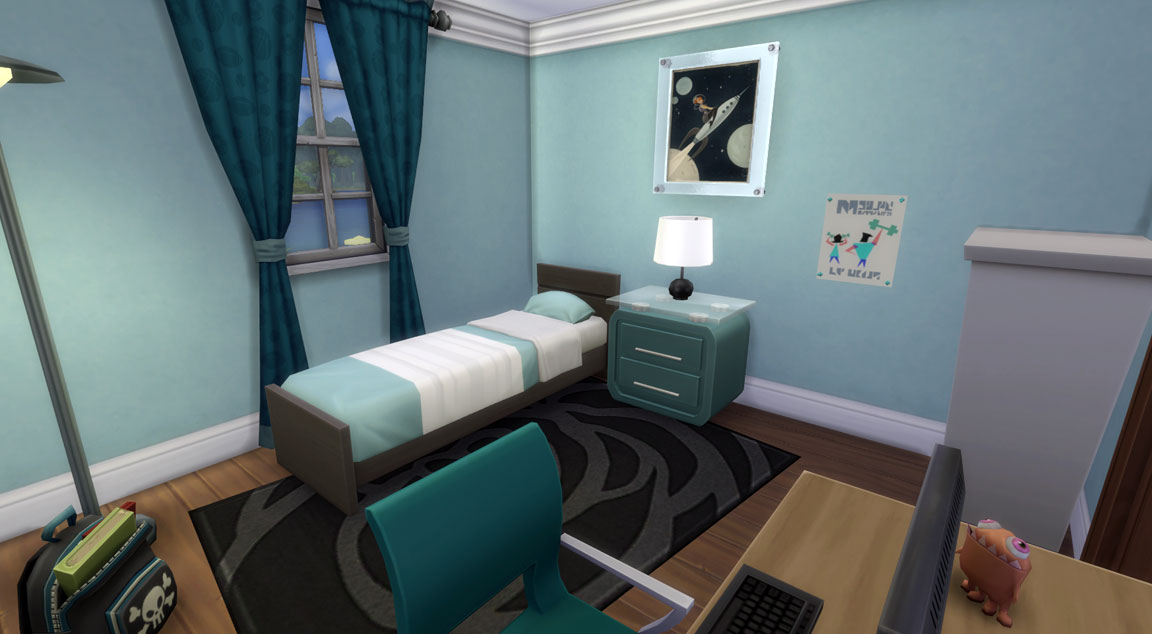
But what the players who downloaded these objects did not know was that many of them were also Trojan horses.

Party balloons, plants, a pet guinea pig, a moose head to hang on the wall, a cuckoo clock, wall lights and slot machines could all be added to the game.Įach item was, of course, a small software program specifying how the object would fit into a living room or den and how it would respond to the actions of game characters. Soon after the game was released, the Sims Web site began offering components intended to enhance the homes of Sims. Wright, who co-founded the design company Maxis, secretly decided to push the interactivity and realism of the game one step further. It zooms in on the people, allowing players to create individual characters, build families, furnish their homes and watch over a dollhouselike suburban world on a PC.

Wright's earlier games had focused on planning cities and then watching them come to life - and frequently run amok. When Sims was introduced earlier this year it immediately became a best seller. Not only that, but the person who invented the game is the one who is distributing the virus.Įxactly that is happening with Sims, the most recent creation of Will Wright, the Sim City game designer. IMAGINE a computer game in which you follow all the rules, but your characters still die, because someone has introduced a virus into the game.


 0 kommentar(er)
0 kommentar(er)
